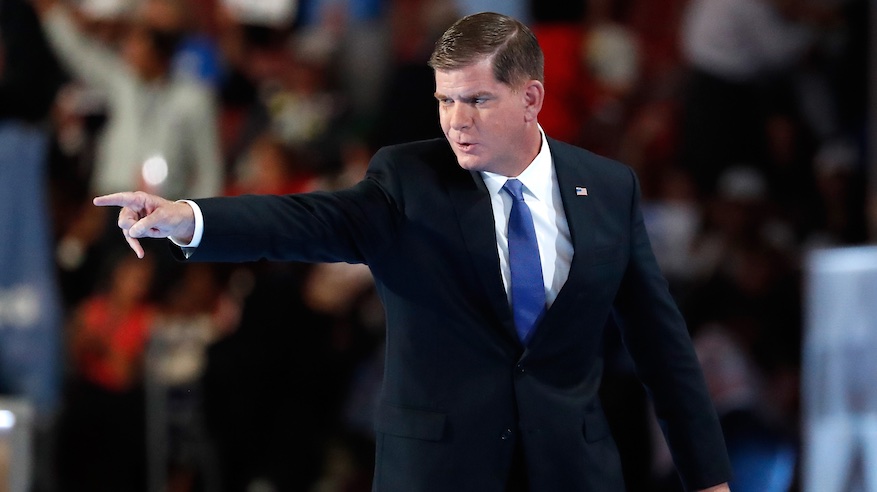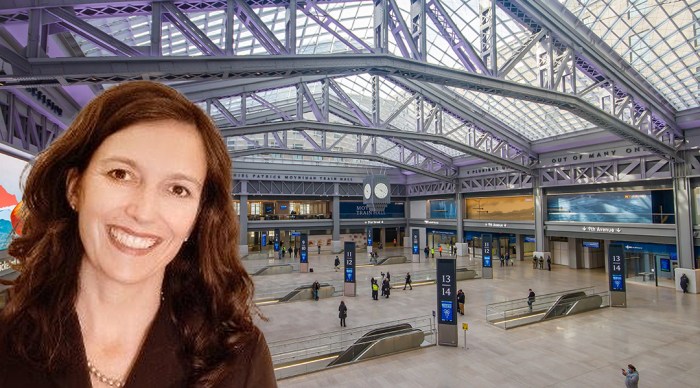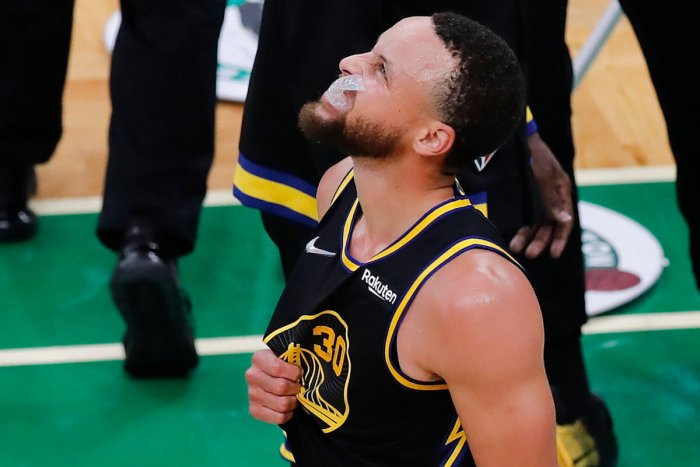Boston Mayor Martin J. Walsh has his eyes on a second term.
The incumbent mayor took 63 percent of votes in the preliminary election Sept. 26., according to city results. City Councilor Tito Jackson took just 29 percent of votes from the mere 56,000 ballots cast.
The two will face off Nov. 7 but until then, Walsh said he’s keeping his cool, maintaining his strategy and reminding voters of both his accomplishments in the last four years and plans for Boston’s future.
Metro goes 1-on-1 with Walsh
How does it feel to go up against your former political ally, Tito Jackson?
I like the fact that we can have meaningful conversations. We’ve seen plenty of divisiveness on a national scale. I talked about what I did as a state representative and how I carried that into being mayor. When you watch a debate, you want to hear about what a person’s accomplished and what the plan for the future is.
How has your campaign technique shifted since the preliminary election? What changes are being made?
We certainly are focusing on the areas we haven’t done as well in, but for the most part, we did well in different neighborhoods. We tout a little bit of our accomplishments over the last four and think about where our plans are moving forward.
In the primary, we worked really hard in every neighborhood in the city, knocking on doors and doing phone calls. At the end of the day […] voters need person-to-person contact.
Before the preliminary election, you pledged to build a statue to honor civil rights leader Martin Luther King Jr. Where does that project stand?
A philanthropist, Paul English, came to us and made an offer to actually pay it. It’s probably long overdue. Martin Luther King [Jr.] had a big impact, clearly. He preached at Twelfth Baptist Church in Roxbury, a lot of his philosophies came from his experience here in Boston.
Another promise was one of affordable housing in nearly every neighborhood. What does that look like?
The problem in Boston is that as quickly as we’re building affordable housing, we have people moving into the city. The supply for housing is greater than the demand.
We have housed 1,100 chronically homeless people over the last three-and-a-half years. That’s 20 years of homelessness combined. Our goal is to end all chronic homelessness by 2018.
If you were to win in November, would this term differ from the last?
It’s very different. Under the last administration, we had an open-door policy. We went as a bipartisan group to the White House to talk about what issues affect cities around America. It doesn’t matter if you’re a democrat or republican as far as life in a city. This administration has completely taken for granted the relationship with cities. It’s unfortunate.
What do you mean specifically?
[Donald Trump] is talking about making infrastructure improvements across America with billions of dollars of investments, but not having local hiring language. So as long as money comes into Boston potentially for infrastructure, he doesn’t have local hiring preference. It’s a tough go.
We have one of the biggest housing authorities in this country. The divestment by the federal government [from local housing authorities] is scary. Not having a true partner on a national level is concerning to me. It’s concerning to all mayors across America.



















